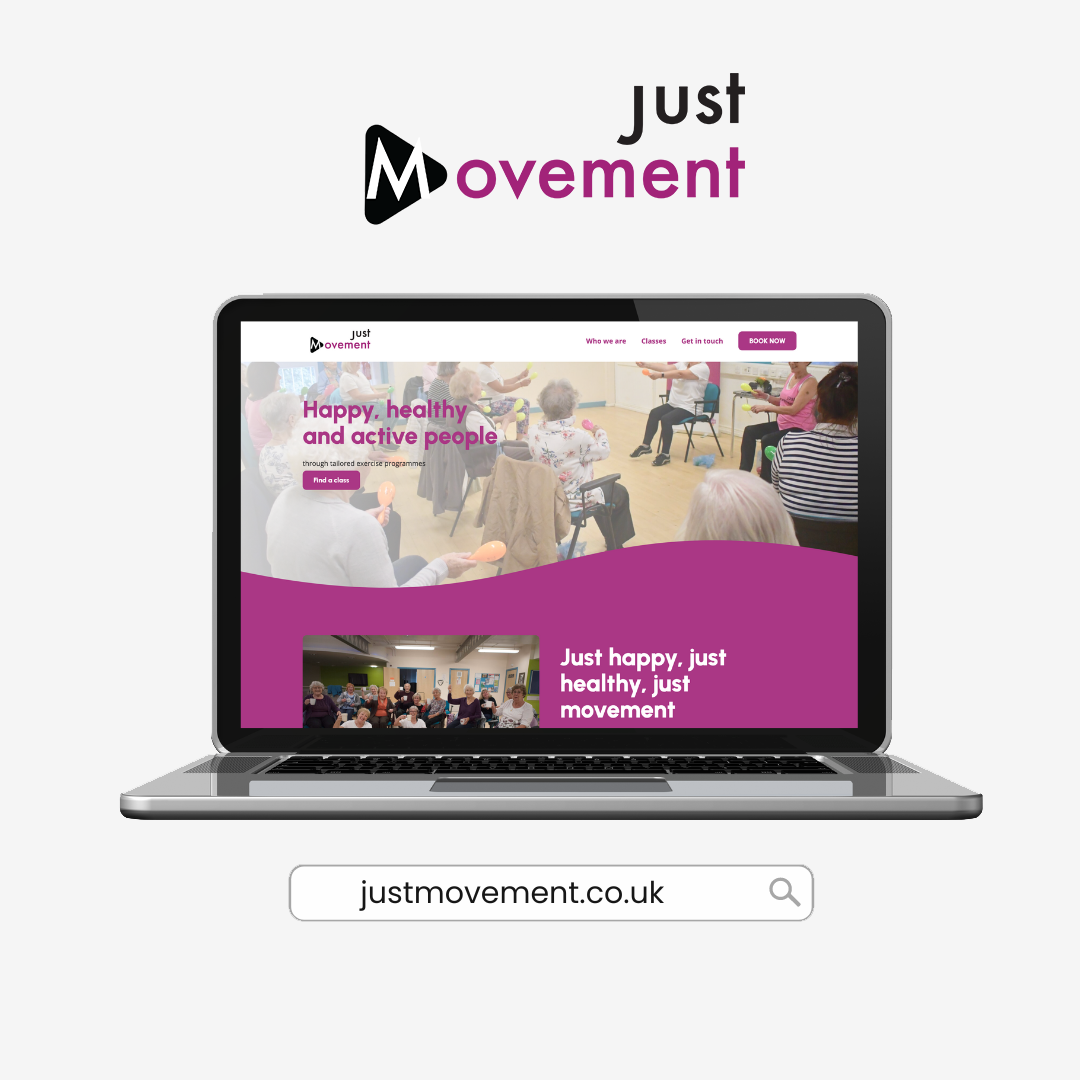 Written by Real Business Rescue.
Written by Real Business Rescue.
To address the sudden stop in trade following the coronavirus lockdown, the government intervened with a range of financial support packages designed to help businesses survive this unprecedented economic situation.
But what specific types of funding and loan schemes have the government made available, and how can businesses affected by coronavirus gain access to these vital sources of finance?
Government grants
Grant funding doesn’t have to be repaid, but it is taxable. There are two grant funding schemes available at present, both of which are accessed via local authorities in England.
Small Business Grant Fund (SBGF)
Aimed at small businesses and those in rural areas, the Small Business Grant Fund provides a one-off payment of £10,000 to eligible businesses in receipt of small business rate relief or rural rate relief.
Retail, Hospitality, and Leisure Grant Fund (RHLGF)
This grant fund is designed to help retail, hospitality, and leisure businesses – sectors that have been amongst the hardest hit by the pandemic. It provides a one-off grant of up to £25,000.
Government-backed loans
Bounce Back Loan Scheme (BBLS)
BBLS offers emergency loans of up to 25% of annual turnover for smaller businesses, up to a limit of £50,000. No repayments are required for the first 12 months, and then interest will be applied at a rate of 2.5% per year.
These loans are backed 100% by the government to encourage financiers to lend. Eleven lenders are currently participating in BBLS, and should be contacted directly to apply.
Coronavirus Business Interruption Loan Scheme (CBILS)
CBILS is aimed at SMEs and offers a range of different types of funding, including bank loans, invoice finance, and asset finance. All funding is guaranteed 80% by the government, and loans of up to £5 million are available to those eligible.
Fifty lenders are participating in CBILS, including invoice and asset-based financiers, in addition to retail banks. Again, they should be contacted directly by businesses seeking coronavirus funding.
Self-Employed Income Support Scheme (SEISS)
Self-employed individuals whose business has been affected by coronavirus may be entitled to a non-repayable grant from the government to support their income. These grants are taxable, and should be reported as income via self-assessment.
Grant amounts are based on 80% of the average profits over three years from 2016/17, and are delivered as a single payment that covers three months – grants are capped at £7,500 in this instance. HMRC are contacting those eligible for SEISS, and claims are made online.
Funding for employers
Coronavirus Job Retention Scheme (CJRS)
Employers can access support for paying staff wages via the Coronavirus Job Retention Scheme, which is currently set to last until the end of October 2020. Claims on this scheme are made online through the gov.uk website, and eligible businesses can currently access 80% of their employees’ wages, although this percentage might change in August.
These support schemes will be vital to help businesses affected by the coronavirus pandemic, providing some welcome financial and moral support to business owners and their staff in these extremely challenging circumstances.




